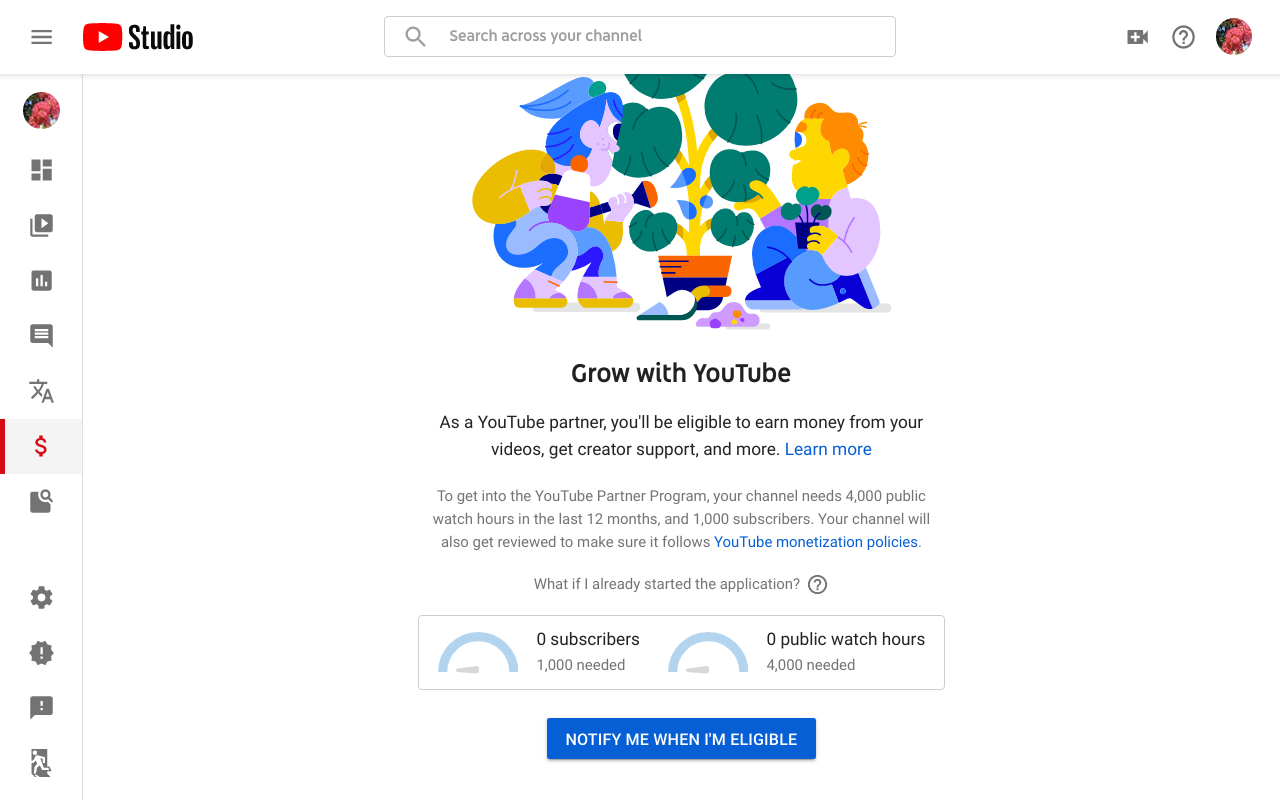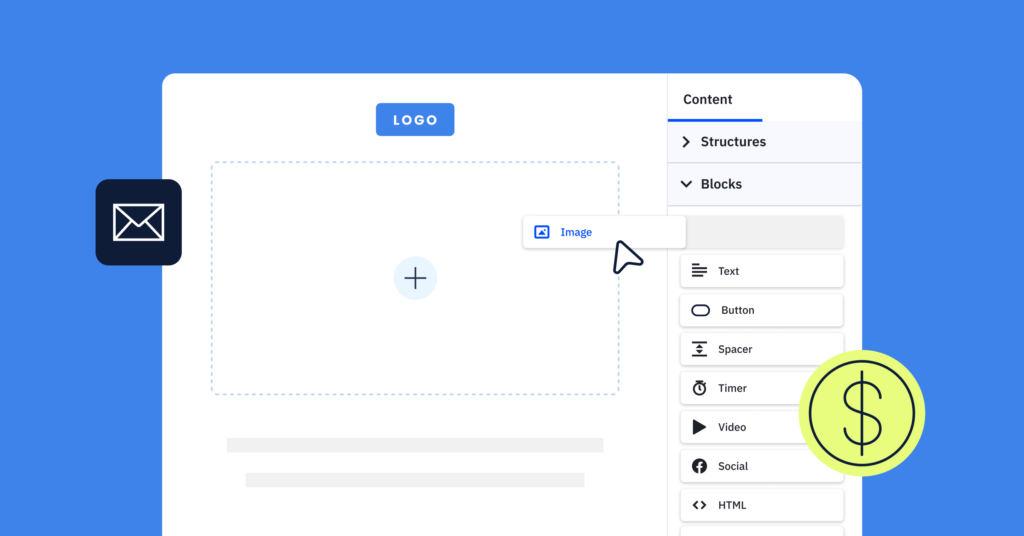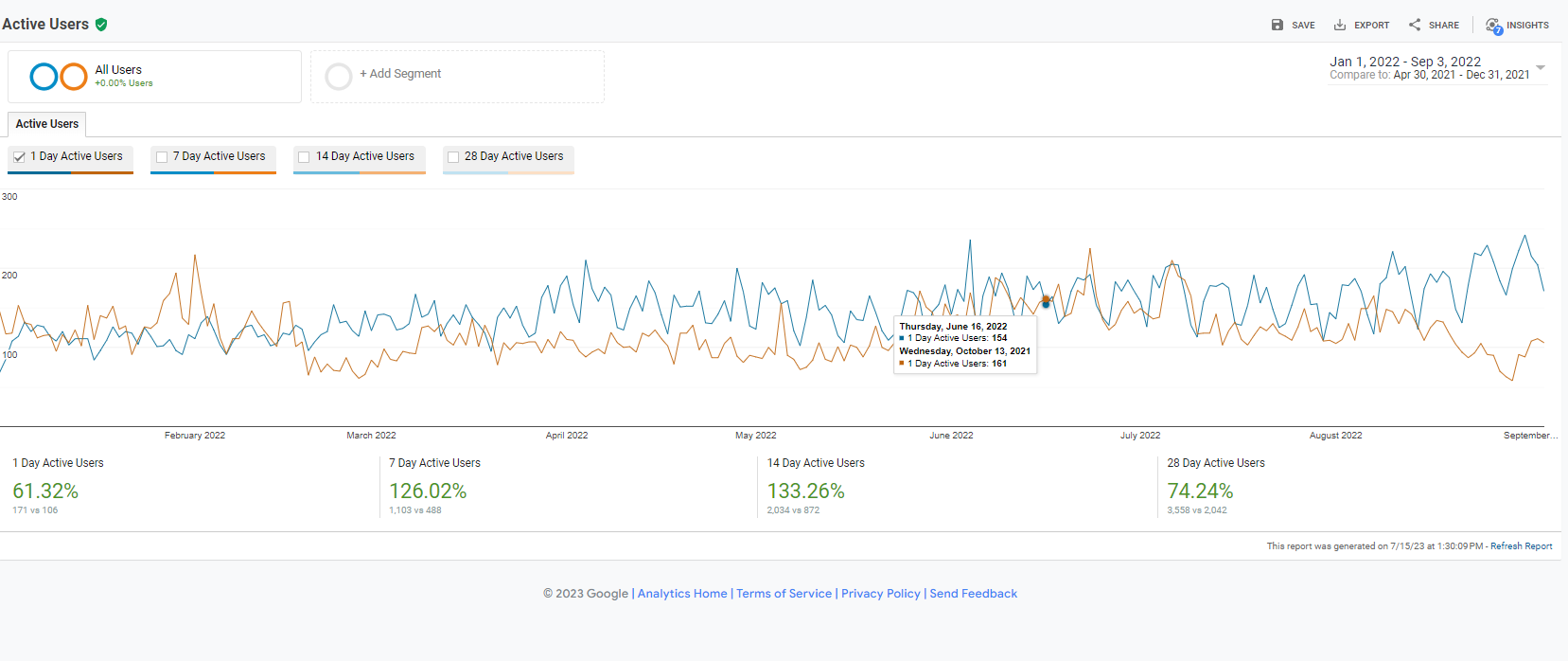A Comprehensive Guide to Auditing & Optimizing Your Google Ads Campaigns
Are your Google ad campaigns not driving expected returns? If yes, it's time to detect the flaws and fix the missing spots. Your ad might be lacking something, and it is negatively impacting your ad performance. Although you run your ads independently or through a third-party performance marketing agency (PPC), you can only achieve the expected outcomes with regular Google Ads auditing.
Ad Auditing is a powerful tool that puts you in the driver's seat of your Google ads. By understanding the areas where your PPC campaigns are lacking, you can take control and enhance them through google ad optimization.

The Google ad auditing and optimization process is quite complicated. But don't worry—this blog will provide a complete step-by-step roadmap to Google Ad Auditing and Optimization in an extremely simple way that anyone can implement and attain profitable outcomes through their PPC campaign.
Let's start with a basic and then move further:
What is Google Ad Audit?
Google ad audit, also known as PPC ( pay-per-click ) audit, is an in-depth analysis of your Google Ads campaign performance, consisting of bidding strategy, campaign settings, extension and other performance metrics to identify the negative areas affecting your Google ad performance.
Google ad audit is necessary to do the following:
-
Find out the underperformance areas of the Google ad campaign.
-
Optimize the ad campaigns to enhance relevance, targeting and effectiveness.
Why does Google's Ad Audit Matter?
Some of the top ways how google ad can do wonders for your business:
-
Enhance ad performance
-
Increase conversion
-
Helps in cutting out wasted spend
-
Maximizing ROI (Return on investment)
-
Staying competitive in the market
-
Achieving business objectives
So, google ad audits can do wonders for your business and give a massive push to your revenue.
6 Reasons For Fall in Google Ad Performance
Below are some factors liable for the poor Google ad performance:
-
Using irrelevant keywords
-
Repetitive ads
-
High competition
-
Changes in ad algorithm
-
Seasonal fluctuations
-
Website issues
-
Not linked with Google business pages
-
Incorrect target audience
These are the common causes of low Google ad performance. However, you can get valuable returns from your Google ad campaigns by comprehensively managing and optimizing your Google ads. Top digital marketing agency experts can provide you with a comprehensive solution for ad optimization or help you run your ad. They have a team of digitally educated and technically sound people who can help you in your online business journey.
Conduct Your Google Ad Auditing Like a Pro
Check your Objectives and Account Structure
What is your goal behind running the ad campaign? Is your campaign objective fulfilling the brand objectives? These are the essential questions you must ask yourself at the initial stage of Google ad auditing. A goal simply represents the amount of traffic you want to attract and the expected conversions from the ad.
Second, check the entire structure of your ad account to identify whether all the ad campaigns and groups are organized appropriately. Ensure that the location settings and device targeting are configured correctly.
Figure Out Your Bid Strategy
Determine your bid strategy precisely to ensure you spend your advertising budget appropriately. Examine your bidding strategy, budget and delivery method to understand which campaigns are performing wonderfully so that you can spend more to drive more results. This process will help you figure out those ad campaigns that could be performing better or also reveal some ads that performed outstandingly in the past but are not getting expected returns. Here, you have to make the necessary adjustments to that ad, which can perform better through some optimization and cut out those ads from the list that are no longer relevant.
Also, budgetary analysis is helpful to ensure your budget meets the cost-per-click goals. Bid adjustments are highly result-oriented as they permit you to target a specific group of audiences where your ads can work better. For instance, if your audience is teenagers or school-going children, your ad might work better in the evening when they are not at school.
Evaluate Your Keywords
Examine your keywords' performance to locate high-performing keywords and low-performing keywords in terms of search volume, relevancy, conversion rate, click-through rate, and cost per conversion. Use the relevant keywords to drive better results and avoid those that are less beneficial.
Ad Copy Evaluation
Make sure the text, visual graphics, description, headlines, and call to action in the ad copy are appealing and catchy. You can test different variations in ad copy to check user responsiveness and alternate the ad copy according to their interests.
Identify Ad Performance
Evaluate the performance of every individual ad that has been launched. Check if some ads need improvements or try to remove low-quality ads to attract more traffic. Also, be attentive to check out the technical glitches responsible for poor performance. Through critical performance metrics such as click-through rates, return on ad spend (ROAS), conversion rate, and cost per conversion, the overall ad performance can be examined to locate shortfalls. The most important aspect is the call to action you are incorporating in the ad, which should be direct and relevant.
Through this process, you can easily analyze the complete Google ad campaigns to locate the areas that require optimization. You can also seek assistance from professional Google Ads services providers who are masters in their field and can help you optimize your Google ads to drive astonishing results.
Until now, you clearly understand what Google ad auditing is and why it is crucial. After analyzing the several essential aspects of Google Ads, we have listed some most important and proven ways to optimize your Google ad campaigns. Instead of wasting your valuable time on those factors that have the most negligible impact on your Google ad performance or create effects that are not beneficial for your business, consider the tips below while optimizing to generate great results. Let's dive in:
6 Tips For Optimizing Your Google Ads Campaigns
1) Incorporate Negative Keywords
Negative Keywords are those words or phrases that prevent your ad from being triggered by irrelevant queries.
Suppose you are an online seller of high-quality ceiling fans and run a Google ad campaign to promote your products. Meanwhile, you have noticed that your ads appear for searches like 'affordable fans' and 'cheap fans.' So, these are the negative keywords, and you need to include these negative words or phrases in the account to make them more visible to the target audience. Add these negative keywords, 'affordable fans' and 'cheap fans,' into your account. Your ads will be more targeted toward those searching for high-quality ceiling fans. It will help you attain higher-quality clicks and increase conversions.
2) Emphasize on Long Tail Keywords
Long tail keywords are short phrases that are made by incorporating two to three words. They are more specific, targeting and in a low search competition.
For instance:
-
Long tail keyword: Best hair salon near me.
-
Short tail keyword: Hair salon.
-
Long tail keyword: Best digital marketing agency in India.
-
Short tail keyword: Digital Marketing.
'Best hair salon near me' and 'Best digital marketing agency in India' are a few common examples of long-tail keywords. Longer keywords offer less competition, which helps attract clicks from only those people who are really willing to buy that particular product or service.
The keyword Planner tool is one of the best keyword research tools for finding relevant keywords that help you achieve the best results through your Google Ad campaign.
3) Consider Relevant Key Metrics
Metrics are relevant only when they deliver expected conversions. Cost per conversion, conversion rate, return or ad spend (ROAS) and conversions are the most important metrics to consider for the campaign's success. If your ad cannot convert or convert at very high prices, your campaign needs to be adjusted, or they are unsuccessful. So, don't measure your ad campaign results based on clicks or impressions, but focus on relevant metrics.
4) Use Leverage Assets
Leverage assets, formally called ad extensions, are powerful tools for attracting leads. Some examples of leverage assets are titles, descriptions, locations, call buttons, and website links.
Most companies use only headlines and descriptions in Google ads, but other vital assets, including call extensions, site link extensions, price extensions, or location extensions, help to create an engaging impact on the users and convince them to click an ad.
5) Target specific audience
The facts state that $37 billion in marketing is wasted annually due to irrelevant targeting. Targeting the right target audience is the most important aspect of getting quality leads from the ad campaign. Ensure the Google campaign ad aligns with your business goals and the audience's tastes.
Identify your target audience, their interest and preferences, what they are actively looking for and also prefer your previous visitors who have visited your website or ad. In this matter, you can use Google's in-market service, which allows you to select the audience already searching for your product or services. Otherwise, you can choose the alternate option to build custom audience segments through customer lists, URLs, and keywords.
6) Integrate Your Google Business Profile.
Integrating your Google business profile with your Google ad campaign is a powerful way to improve your business's Google ad performance and local visibility.
Google offers businesses a free platform to create their business profiles and manage their online presence. You can list your business on Google by providing relevant information such as your contact number, location, working hours, customer feedback, etc.
Once your business is on Google's business profile, users can easily find you on Google through searches or Google Maps. Ensure your ads are correctly connected with your Google business profile and optimize for local SEO to increase your reach within your local area or target audience.
Key Takeaways
Google ad campaigns must be audited appropriately and optimized to attain a higher return on ad spend. Remember to implement this process regularly so practical steps can be taken to optimize on time. We understand the Google ad auditing and optimization process is complicated, especially for those needing more technical knowledge. In this case, taking services from a digital marketing agency is a good idea. We bet you! They would not let you down in your business progress. Join hands with them in managing your Google ads and achieving the desired goal of your business.





 1 year ago
1 year ago





Comments